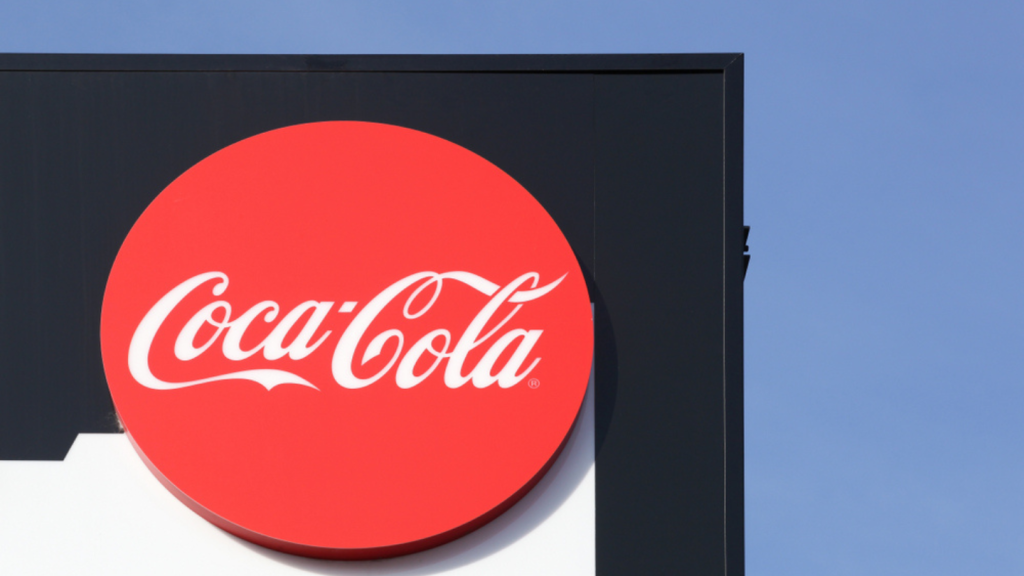Coca-Cola Europacific Partners (CCEP) has “voluntarily” stopped pulling water from a bore in Australia’s Perth Hills following community “concern” and a low aquifer level.
The bottling group said it conducted an “independent detailed source vulnerability assessment” of its operation in Perth Hills, which is drawing water from ground reserves.
CCEP noted the review of its site in the Perth suburb of Karragullen was done in “response to community concern”.
The company said the report was completed on 15 May and found no impact from the group’s operations in the area on local neighbouring properties. It said the review did not “provide a recommendation” to stop pulling water from the site.
“However, based on current and predicted rainfall, measured water table levels compared to historical fluctuations and our sustainable water management framework, we are voluntarily ceasing water extraction at Karragullen until we see the aquifer replenishment return to an appropriate level,” a CCEP spokesperson said.
“We acknowledge the dry conditions the region is currently experiencing and we are committed to doing what we can to reduce our environmental impact.”
CCEP claims that the groundwater extracted in the local catchment is “minor” when compared to other users' extraction from the same area.
Western Australia Minister for Water Simone McGurk announced plans this month to increase the government monitoring of water levels and to make the data publicly available. The findings would set out to show how many companies are drawing water and at what level.
McGurk told Australian’s ABC Radio Perth that the region has got “fractured rock, so it is quite difficult to tell when one company or user is taking water, what impact it has on other areas of the water nearby and other people extracting”.
The minister noted CCEP was undertaking its own monitoring of the underground supply and was starting to share that data with the government.
“They do admit that they're starting to see an impact because everyone knows this summer was a particularly hot and dry summer,” McGurk added.









